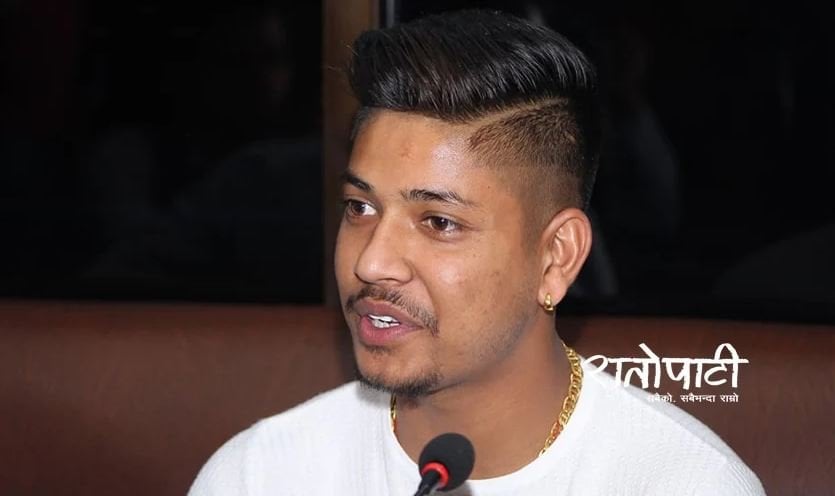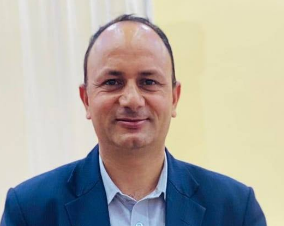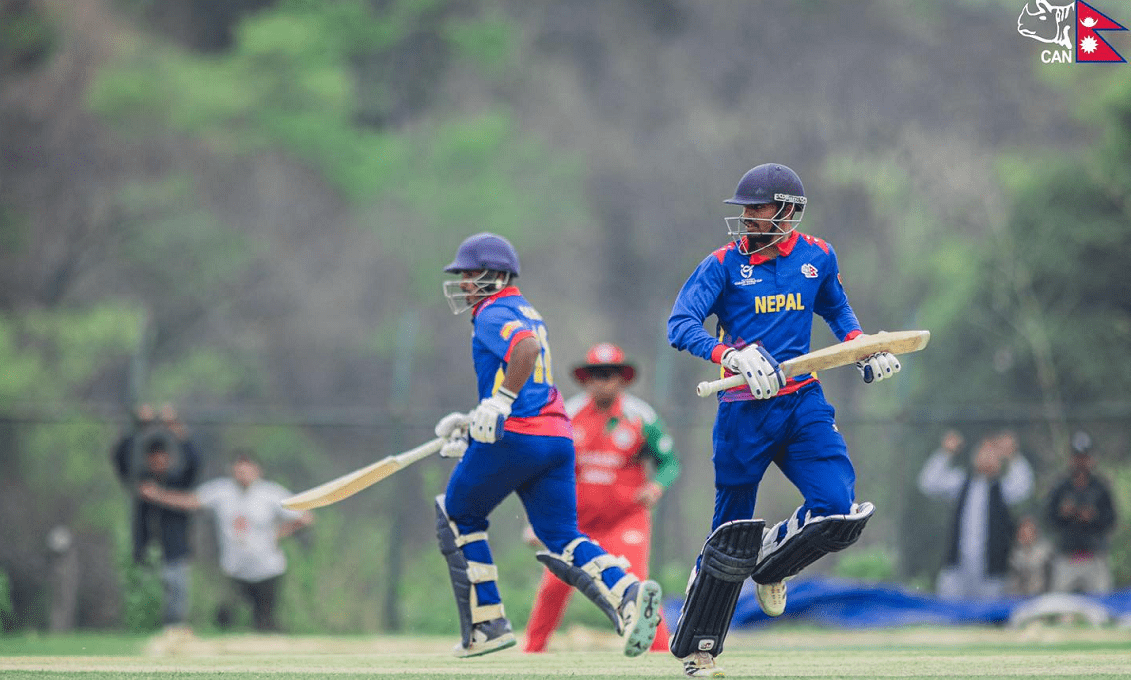Sandeep Lamichhane's acquittal under scrutiny: New appeal to challenge High Court's verdict

Kathmandu – The Government Attorney's Office in Patan has sent a file to the Attorney General's Office, recommending that a case be filed against cricketer Sandeep Lamichhane. According to a high-level source at the Attorney General's Office, the report and file were submitted on Sunday, suggesting that an appeal be made to the Supreme Court.
The appeal seeks to overturn the acquittal decision by the Patan High Court and to impose penalties, including imprisonment, a fine, and compensation, in the rape case. Earlier, on July 27, the survivor, identified as Gaushala 26, had filed a petition requesting that the case against Lamichhane be dropped.
The Government Attorney's Office in Patan has argued that there are valid grounds to escalate the case to the Supreme Court. Suryaraj Dahal, spokesperson for the Attorney General's Office, stated that he had not yet received confirmation regarding the file. Once received, the office will proceed with the necessary steps to determine whether to register the case with the Supreme Court.
If the Attorney General decides to move forward, the case will be pending before the Supreme Court.
Initially, the Kathmandu District Court found Sandeep Lamichhane partially guilty. However, the High Court later acquitted him based on several factors. The High Court's decision considered the victim's young age but found insufficient evidence of coercion. The court noted that Lamichhane’s actions, such as taking the victim out, could not be definitively linked to coercion.
The acquittal was also supported by a Supreme Court precedent, which holds that consensual acts do not constitute rape in adult relationships. The judgment took into account the survivor's age at the time (18), which affected the credibility of the evidence. Additionally, the victim’s request for financial assistance, which Lamichhane allegedly did not fulfill, raised speculation that the complaint might have been driven by frustration rather than a genuine claim of rape.
The court found that the evidence presented, including victim statements, bank documents, medical reports, and forensic evidence, was insufficient to prove Lamichhane's guilt beyond a reasonable doubt. The court also reviewed additional evidence, such as CCTV footage and details of the victim’s travel with Lamichhane, which did not support the prosecution's claims of coercion or rape.
Furthermore, the court noted that the victim's actions, including sending friend requests and photos to Lamichhane and willingly entering his vehicle, were inconsistent with a rape claim. The court also concluded that Lamichhane’s booking of the Nagarkot hotel was not proven to be related to any coercive or criminal conduct. Overall, the High Court’s acquittal was based on insufficient conclusive evidence and the application of relevant legal principles regarding consensual acts and the standards for proving rape.









Leave Comment